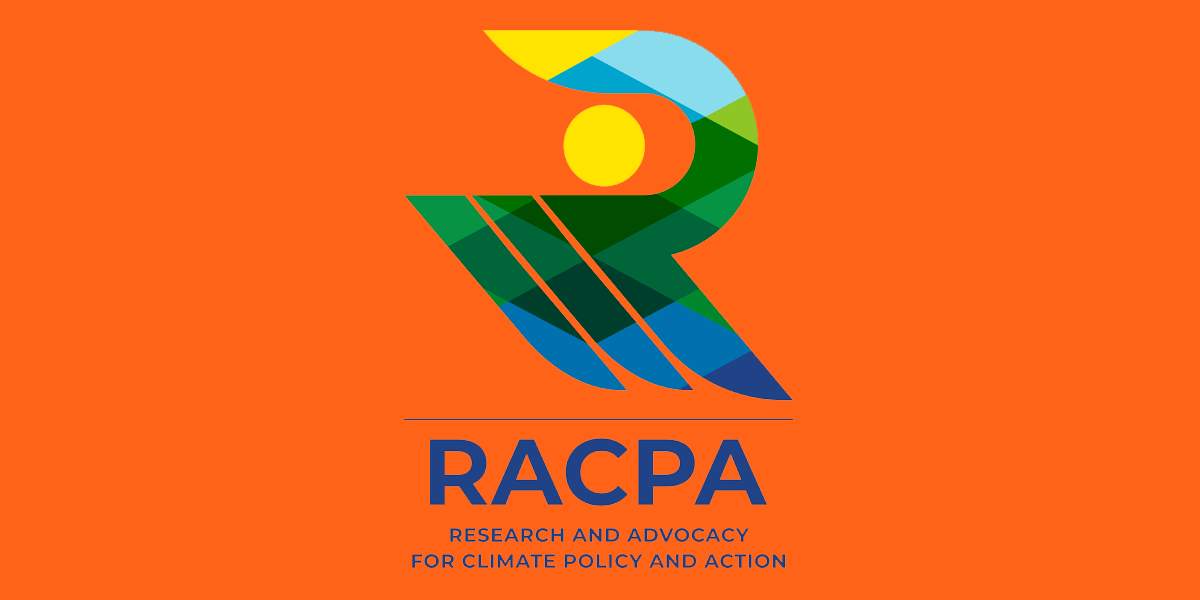About RACPA
19 January 2024|Cathy Torres

The Research and Advocacy for Climate Policy and Action (RACPA) project identified climate-vulnerable coastal and island communities in Indonesia and the Philippines—respectively ranked 14th and 17th in the Global Climate Risk Index 2021—that may be considered potential hotspots of climate (im)mobility across the spectrum.
It seeks to understand these communities’ vulnerabilities, mobility patterns, and other tangible and intangible characteristics that impact their risk of climate displacement with the end goal of increasing the climate resilience of coastal and island communities. This would be realized by accompanying the communities in developing their adaptive capacities and risk-informed resiliency pathways, strengthening collaboration with local government units and government agencies, and improving the policy and governance environment of climate mobility at the local, national, and global levels. RACPA’s implementation will be shepherded by the Jesuit Refugee Service Asia Pacific (JRSAP) over five years, from July 2023 to June 2028.
Although progress has been made in recognizing and addressing climate displacement in recent years, enabling policies and the implementation thereof remain elusive, especially at the national, subnational, and local levels. There is a need for “more investments in research at scale, including new, more granular data sources and differentiated climate change impacts, to better contextualize and understand internal climate migration” (Clement et al. 2021), as well as to mainstream mobility in adaptation planning and to strengthen the climate resilience of vulnerable communities and accompany them in finding durable solutions to address their climate risks and break cycles of crisis and displacement (AGCCHM 2022).
One of the main research interests of this project is to gain deeper insights into the non-economic factors that may reinforce or weaken the adaptive capacities of vulnerable communities. It will do this by employing a participatory action research (PAR) framework, wherein community members themselves will be involved in all aspects of the research.
The body of knowledge gained in the research will inform the action component of the project, that is, the advocacy for policy and action on climate displacement. The advocacy measures and indicators will be developed along the spheres approach (spheres of control, influence, and concerns) and will employ realistic timeframes as effecting change takes time. The advocacy principle that changes can happen both at the practice and policy aspects of the issue will be applied.
